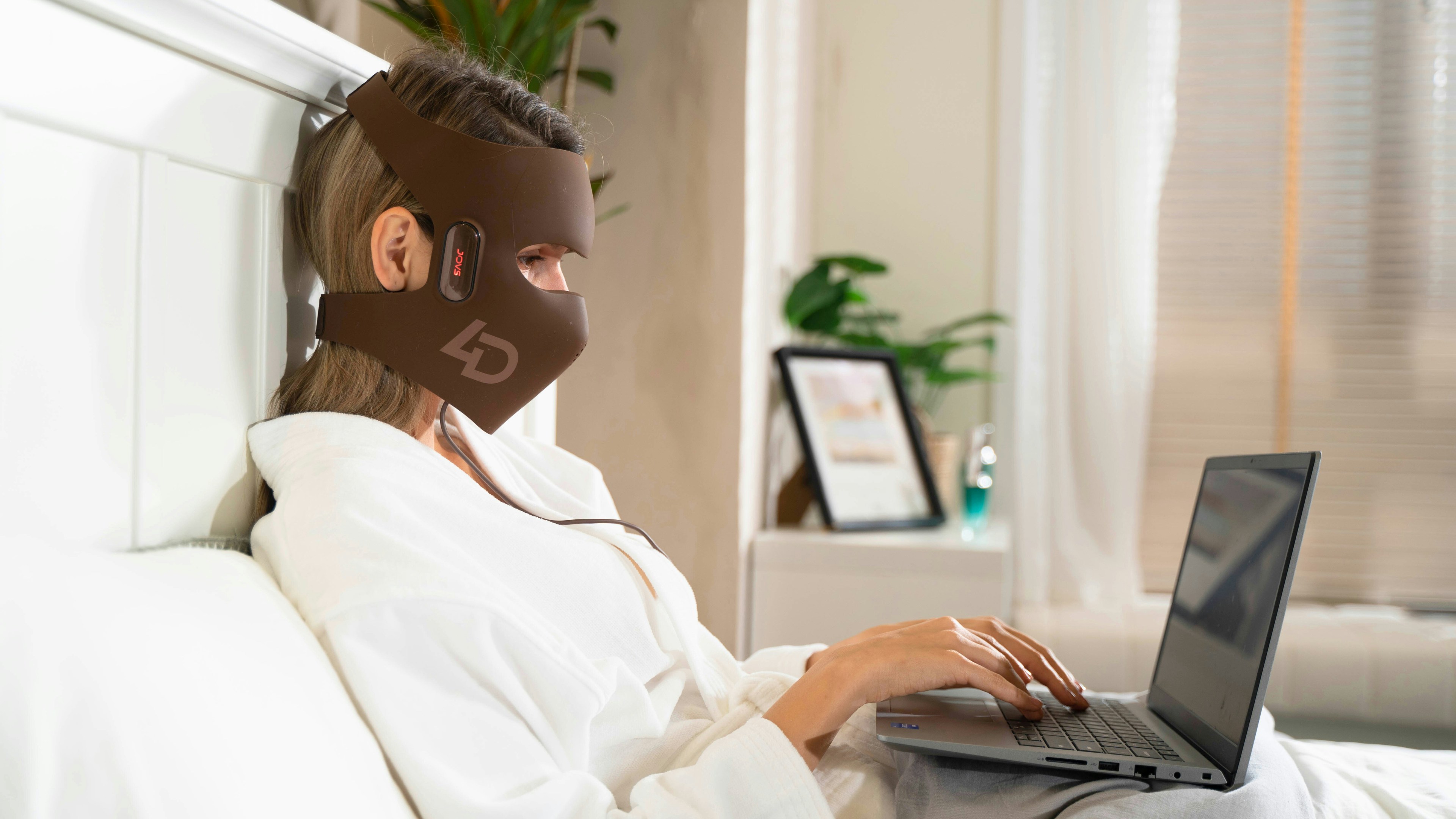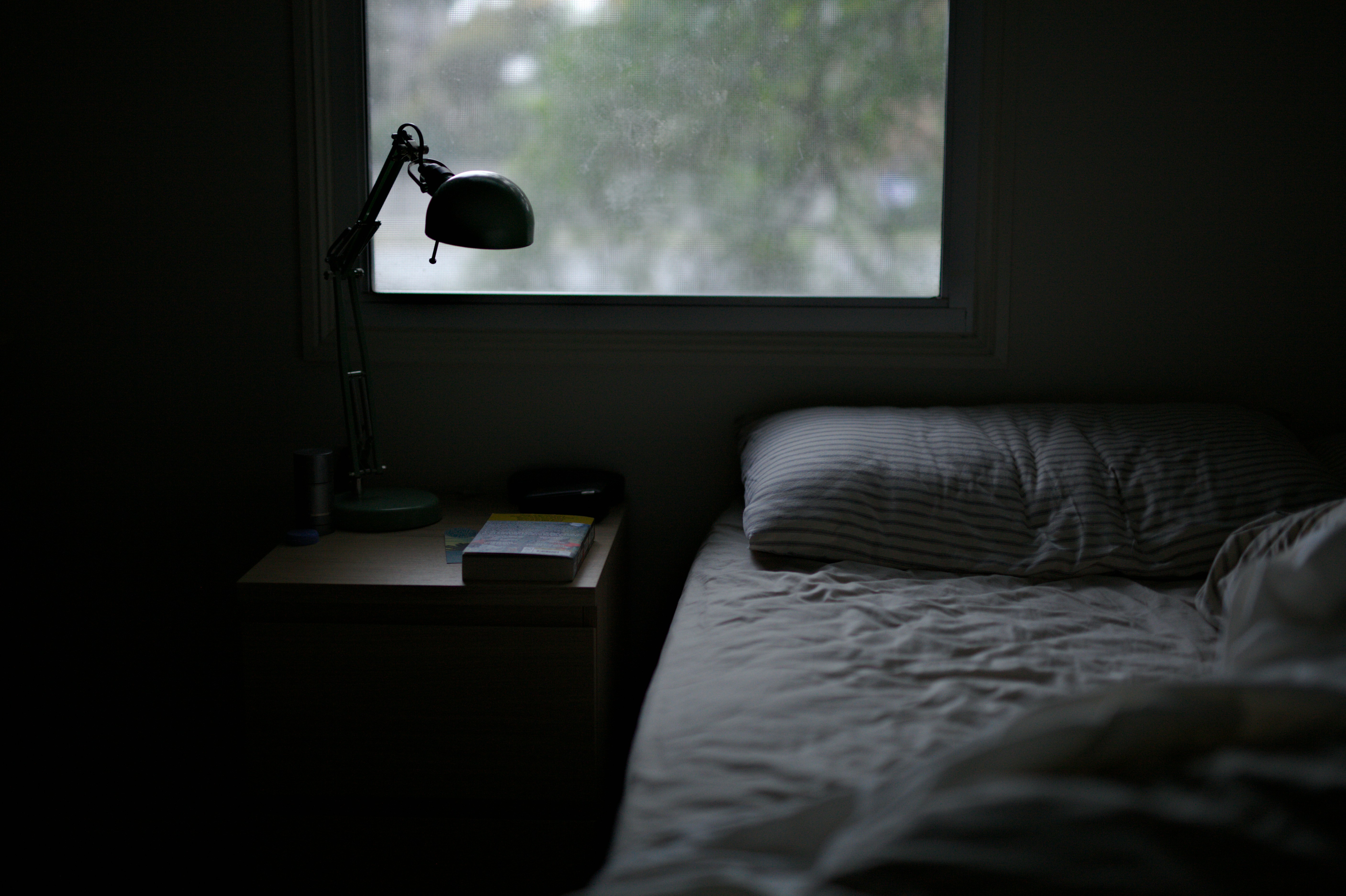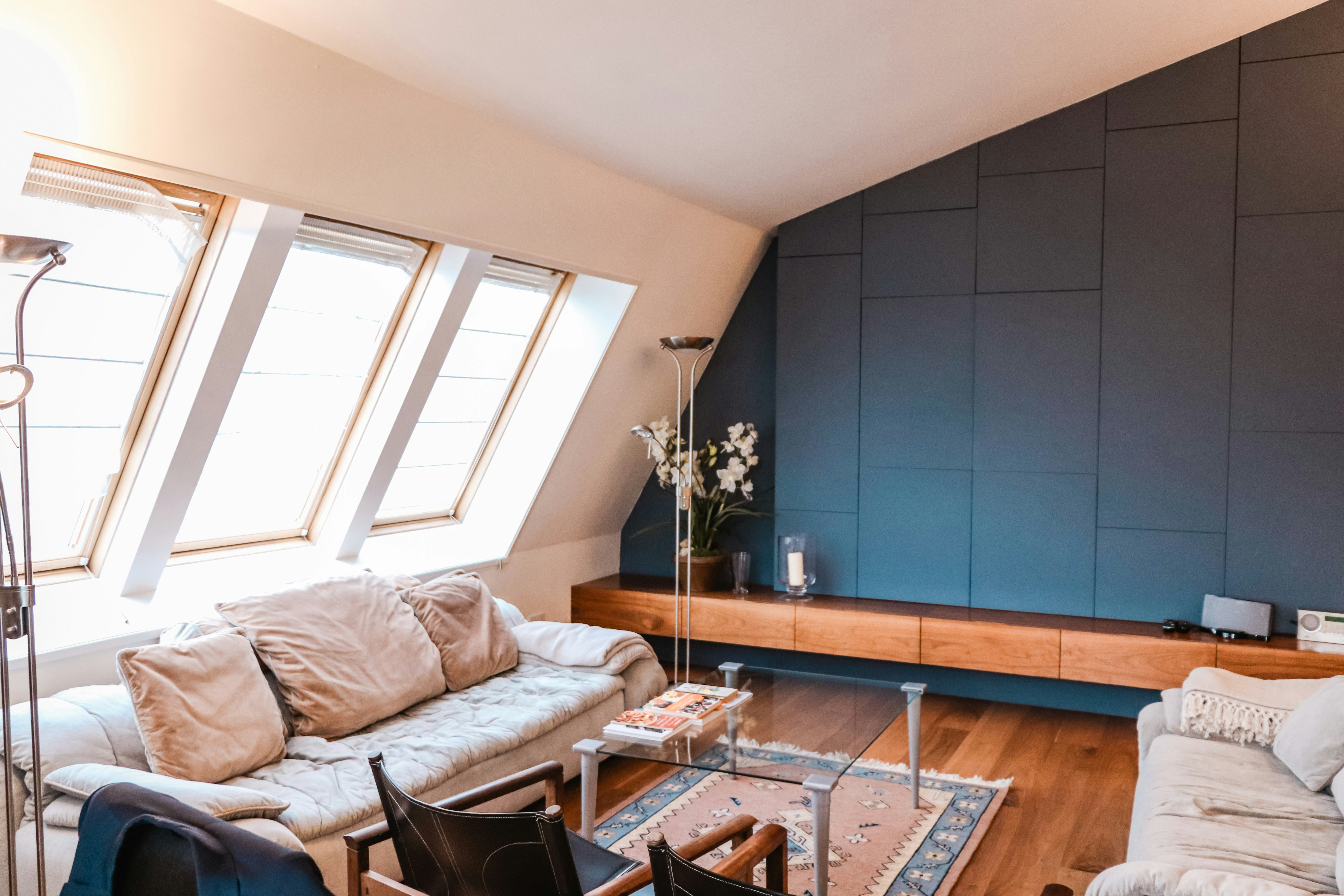Lede: What happens in the bedroom doesn’t stay in the bedroom—at least not for your ears. Snoring and sleep apnea don’t just sap your energy; emerging research suggests they can nudge hearing down and turn up tinnitus. The good news: small changes at night can pay big dividends for your daytime hearing life.
Why your ears care about your sleep
Healthy hearing needs two things your pillow can help (or hurt): oxygen-rich blood and a calm brain. Obstructive sleep apnea (OSA)—repeated pauses in breathing during sleep—can strain both.
- Low oxygen, high stress: When breathing dips, oxygen levels fall, and your body fires stress signals. The inner ear (cochlea) runs on a delicate, high-energy supply; repeated oxygen dips and blood vessel stress are not its friends.
- Inflammation and microvascular wear-and-tear: OSA is linked with systemic inflammation and small-vessel dysfunction. The inner ear’s tiny blood vessels are especially vulnerable.
- Shared risk factors: Age, cardiovascular risk, diabetes, and smoking are associated with both sleep apnea and hearing loss. Even if apnea isn’t the sole culprit, it can add fuel to an already-smoldering fire.
- Tinnitus and sleep—bi-directional trouble: Poor sleep makes tinnitus feel louder and more intrusive the next day. Tinnitus, in turn, can make it hard to fall and stay asleep. Breaking that loop is powerful.
What the science is showing (in plain English)
Several population studies suggest people with untreated OSA are more likely to have hearing difficulties and tinnitus compared with those without OSA. The proposed mechanisms include intermittent hypoxia (low oxygen), oxidative stress, and changes in blood flow to the inner ear. Treating OSA improves daytime functioning and cardiovascular health; some studies indicate it may also help tinnitus for certain people, though results vary.
Translation: sleep quality is a meaningful piece of your ear-health puzzle. It’s not the only piece—but it’s one you can influence.
Spotting the signs (no self-diagnosing—just good awareness)
If any of these sound familiar, consider talking with your primary care clinician or a sleep specialist. Pair that with a hearing check from an audiologist.
- Loud snoring, gasping, or choking during sleep (often noticed by a bed partner)
- Daytime sleepiness, morning headaches, brain fog
- Waking with a dry mouth or sore throat
- High blood pressure or type 2 diabetes
- Tinnitus that spikes after poor sleep
Heads-up: Only a sleep evaluation can identify apnea. A baseline hearing test gives you a starting point and helps your care team spot changes early.
Night moves that help your ears (and your sleep)
Build a “quiet brain” wind-down
- Keep evenings kinder to sound: After dinner, nudge volumes down on TV and headphones. Your ears and brain need a gentle on-ramp to sleep.
- Dim light, dim noise: Soft lighting and calming soundscapes (think rustling leaves, soft pink noise) can lower arousal. Keep bedside sound under conversational levels—roughly the loudness of a library.
- Watch the stimulants: Caffeine and nicotine late in the day can rev up your nervous system. Alcohol may help you doze but fragments sleep and can worsen snoring.
If you use sound for sleep
- Pick safe sound: Steady, broadband options (pink or brown noise) tend to be less intrusive than variable tracks. Avoid in-ear earbuds overnight—they can trap moisture and add pressure.
- Keep it low and set it to fade: Use a timer or a device that slowly decreases volume as you fall asleep.
Snorer in the house? Protect without isolating
- Try low-profile earplugs made for sleep: Look for soft materials and modest attenuation (you want to dampen, not erase, important sounds like alarms).
- Pair with a bedside sound source: A small speaker playing low-level pink noise can smooth out snore peaks.
- Consider custom sleep plugs: If off-the-shelf plugs hurt or fall out, an audiologist can make slim, comfy molds designed for side-sleepers.
CPAP, hearing, and bedtime logistics
CPAP (continuous positive airway pressure) is the go-to therapy for many with OSA. If you use CPAP and also care about hearing and tinnitus, a few practical notes can make nights easier.
- Mask noise: A well-fitted mask and quiet machine matter. If air leaks hiss, ask your equipment provider to refit or try a different mask style.
- Ear fullness or popping? Some people notice ear pressure changes with CPAP, especially with nasal congestion. If that happens, mention it to your sleep clinician and consider an ENT check.
- Wearing hearing aids to bed? Most adults remove hearing aids at night to rest the ears and protect devices from moisture. If you rely on sound for safety (kids, alarms), ask an audiologist about alternatives like bed-shaker alarms, visual alerts, or a pillow speaker.
- Dryness management: Use integrated humidification with CPAP if recommended by your sleep clinician; hydrated air can reduce mouth-breathing noise and improve comfort.
Tinnitus: the sleep connection you can actually change
When sleep falters, tinnitus often gets center stage. The reverse is also true: better sleep tends to soften tinnitus reactivity during the day.
A simple bedtime routine for calmer tinnitus
- Set a consistent lights-out: Your brain’s auditory circuits like predictability.
- Move your body—earlier: Daytime movement supports deeper sleep. Keep workouts away from late evenings if they rev you up.
- Sound enrichment, not silence: A low, steady background can help your brain “declaw” the tinnitus signal.
- Notebook by the bed: Jot down to-dos before lights out so your brain doesn’t audition them at 2 a.m.
If tinnitus is new, suddenly louder, or accompanied by dizziness, ear fullness, or one-sided hearing changes, seek prompt medical and audiology care.
Daytime habits that set up better nights (and ears)
- Protect from loud bursts: Lawn tools, concerts, fitness classes with pounding speakers—use quality ear protection and give your ears recovery time.
- Mind the metabolism: Heart and blood sugar health also nourish the inner ear. Balanced meals and movement help both sleep and hearing.
- Hydration and nasal care: Congestion can worsen snoring. Simple saline rinses (if appropriate for you) and staying hydrated may support smoother nighttime breathing.
Realistic action plan
- Screen your sleep story: If you snore, feel excessively sleepy, or your partner notices breathing pauses, talk to your primary care clinician about a sleep evaluation.
- Establish your hearing baseline: Book a comprehensive hearing test with an audiologist—especially if you have risk factors like loud noise exposure, diabetes, or hypertension.
- Tune the bedroom soundscape: Aim for calm and consistent, not loud. Keep overnight sounds comfortable and non-distracting.
- Address the easy wins: Side-sleeping, reducing alcohol near bedtime, and a regular sleep schedule often soften snoring and improve next-day focus.
- Follow through: If you’re prescribed CPAP or another therapy, stick with it and troubleshoot early with your sleep team. Better sleep supports better hearing.
Myths and quick truths
- “CPAP will damage my ears.” CPAP is designed for your airway, not your ear. Some people feel pressure changes; persistent symptoms deserve an ENT check, but CPAP itself isn’t an ear-damaging device when used as directed.
- “If I wear earplugs at night, I won’t wake to alarms.” With the right setup—bed-shaker or visual alarms—you can protect sleep without sacrificing safety. An audiologist can advise on safe, reliable options.
- “Tinnitus makes good sleep impossible.” Not true. With sound enrichment, routine, and stress management, many people sleep well. If tinnitus keeps you up, an audiologist can help build a personalized plan.
When to get extra help
- See an audiologist: New or worsening hearing difficulty, persistent tinnitus, or trouble hearing in noise.
- See a sleep specialist (through your primary care clinician): Snoring, breathing pauses, daytime sleepiness, or if your partner routinely nudges you awake for gasping or choking.
- Seek urgent care: Sudden hearing loss, one-sided hearing changes, or severe vertigo are medical urgencies—don’t wait.
Your ears don’t clock out when you do. Treat your sleep like part of your hearing care, and you’ll likely notice the payoff—in clearer conversations, steadier focus, and a quieter mind.
Further Reading
- Sleep for Your Ears: Better Nights, Calmer Tinnitus, Sharper Hearing (Lifestyle) - Hearing Supplements: Hype vs. Help (What Science Says) (Lifestyle) - Parenting at 100 Decibels: Protect Your Hearing Without Missing a Moment (Lifestyle) - Your Blood Pressure Talks to Your Ears: The Heart–Hearing Connection You Can Improve Today (Hearing Loss)Frequently Asked Questions
Can treating sleep apnea improve tinnitus?
Some people report less tinnitus reactivity after consistent sleep apnea treatment, likely because sleep quality improves, stress hormones settle, and oxygenation is steadier. Results vary, and tinnitus has many contributors. Pairing sleep therapy with sound enrichment and an audiology plan often yields the best results.
Is it safe to use earplugs if my partner snores?
Yes—choose soft, low-profile plugs made for sleep and keep emergency alerts reliable by adding a bed-shaker or visual alarm. If generic plugs hurt or fall out, ask an audiologist about custom sleep molds designed for side-sleeping.
Do hearing aids help with sleep?
Hearing aids are usually removed at night to let ears rest and to protect the devices. If you rely on sound enrichment for tinnitus, consider a bedside speaker or pillow speaker at low volume. For safety alerts, ask your audiologist about compatible bed-shaker or visual alarm systems.
What’s one simple change tonight for better hearing tomorrow?
Lower the evening volume—TV, headphones, and notifications—starting two hours before bed. Pair it with a steady, low-level sound at bedtime. Calmer nights often mean less tinnitus and better next-day listening.
References
- Centers for Disease Control and Prevention (CDC): Sleep and Sleep Disorders
- NIH National Institute on Deafness and Other Communication Disorders (NIDCD): Tinnitus
- NIH National Heart, Lung, and Blood Institute: What Is Sleep Apnea?
- Mayo Clinic: Obstructive sleep apnea
- World Health Organization: Hearing loss and deafness



